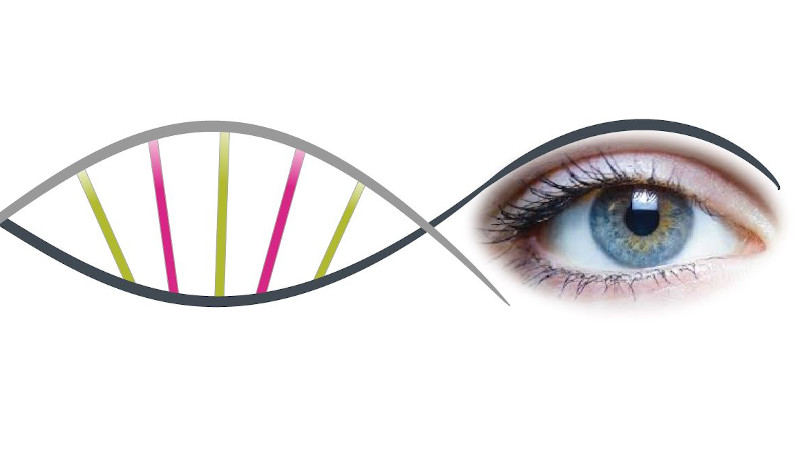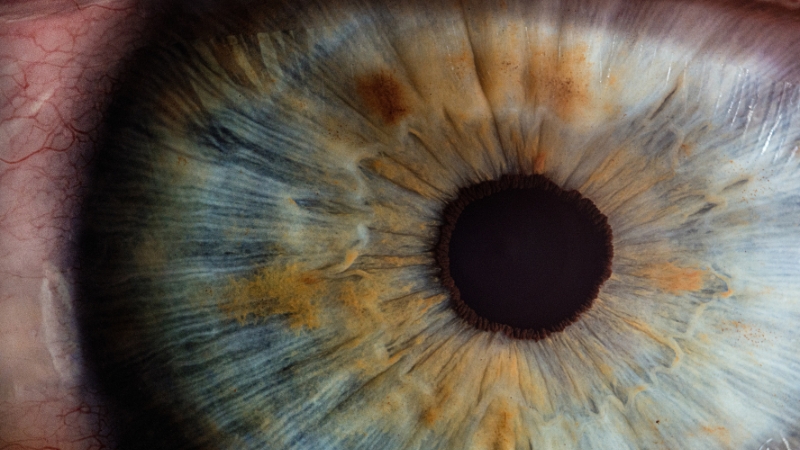Our group works on understanding the nature and genetic basis for human congenital eye anomalies. The genes involved in eye development are of fundamental importance not only for eye development, but also for maintaining the health of the eye into old age.
Genetic disruption can lead to a failure of correct formation of the eye, at its most severe to Anophthalmia (congenital absence of the eye), or formation of a smaller eye (Microphthalmia) with an anomaly, such as Coloboma (gaps in the layers of the eye) or cataract. Many of the genes involved in eye morphogenesis are also critical to growth and development of other systems, for example the brain, kidney, heart and limbs.
By recruiting a unique cohort of over 400 individuals and their families with eye anomalies through a national eye and brain developmental anomalies study based at Oxford Brookes University and the West Midlands Regional Genetics Service, and working with a network of collaborators both in the UK and abroad, our group has been able to identify new genes and pathways responsible for eye developmental anomalies in humans.
Together, we have used a variety of approaches, including targeted gene panel sequencing, whole exome and whole genome sequencing, candidate gene sequencing, homozygosity mapping, array CGH (comparative genomic hybridization), zebrafish modelling, and functional studies.



